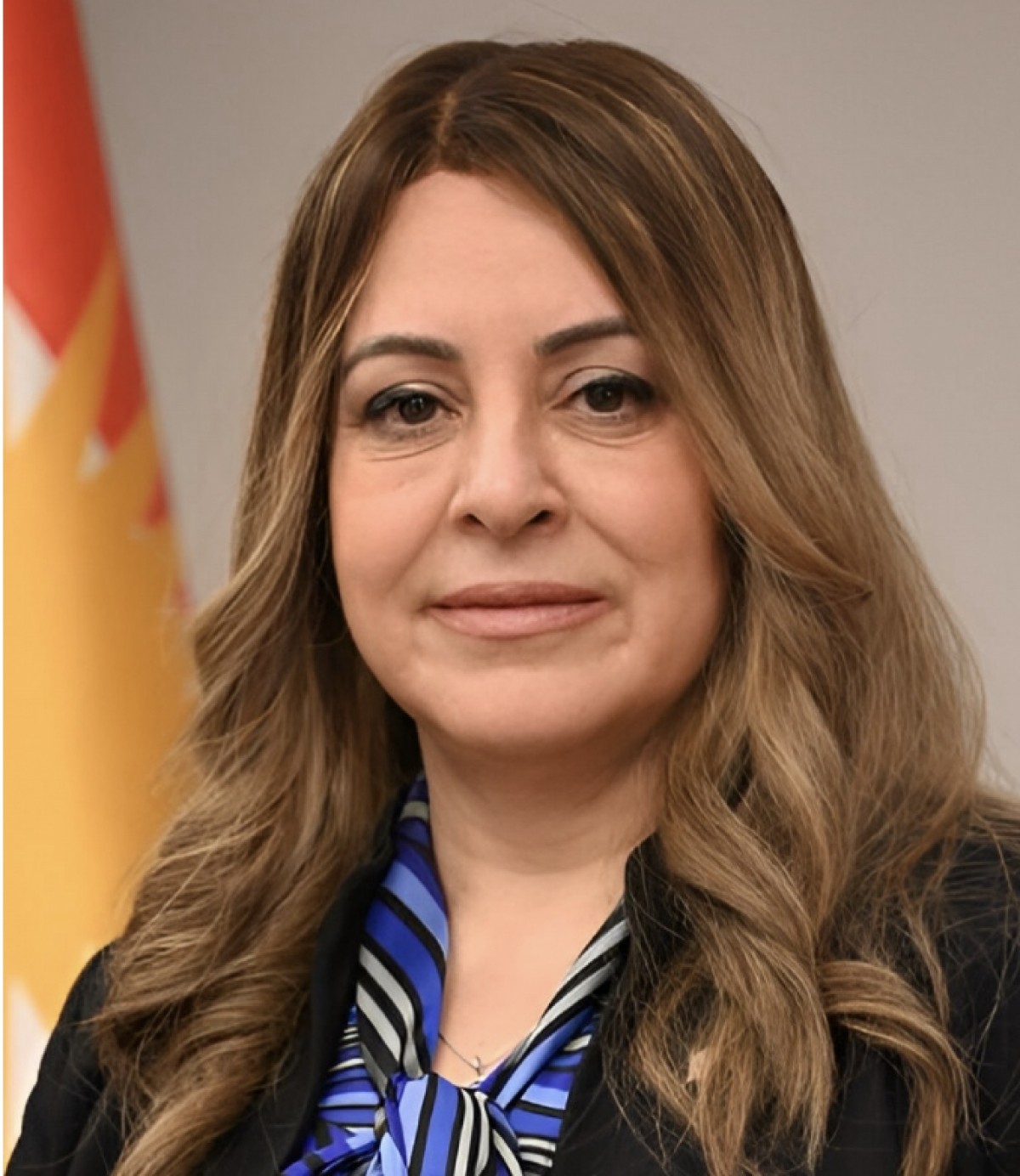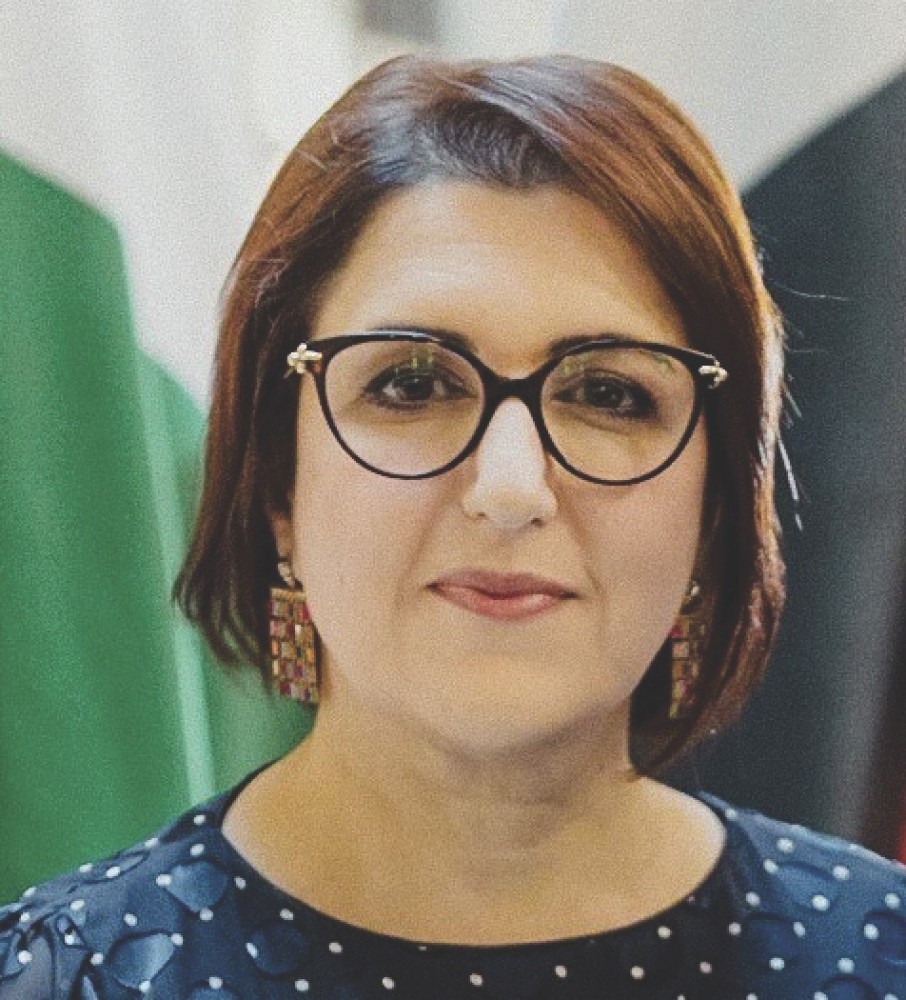Half a century has passed since the signing of the 1975 Algiers Agreement between the Shah of Iran and Saddam Hussein’s regime – an accord that dramatically reshaped the political, security, and economic dynamics of the region. It led to rivers of blood, widespread destruction, and upheaval that affected nearly every aspect of life. The repercussions of this agreement are still felt today.
The most dangerous consequence of the Algiers Agreement was its underlying aim: to extinguish the Kurdish people’s revolution, bury their just cause, and deny them the right to live freely and with dignity in their ancestral land, Kurdistan.
This harsh truth is affirmed by renowned writer Amir Taheri, former editor-in-chief of Kayhan newspaper, in an article written exclusively for our magazine Kurdistan in Arabic. He sheds light on previously undisclosed aspects of the agreement, revealed during an interview with the late Kurdish leader, General Mustafa Barzani. The interview, as presented to the public, was distorted by Barzani’s adversaries in a calculated attempt to undermine his character, misrepresent his words, and manipulate them outside their humanitarian context – all in an effort to distort facts, mislead public opinion, and obscure the Kurdish struggle.
The Algiers Agreement triggered a chain of devastating events in Iraq and across the region, starting with the bloody Iran-Iraq War (1980-1988), the genocidal 1988 Anfal Campaign, and other scorched-earth policies targeting the Kurdish people. These culminated in Iraq’s 1991 Invasion of Kuwait, which was followed by a crippling international embargo that dismantled Iraq’s infrastructure, eventually leading to the 2003 U.S.-led invasion and the fall of Saddam Hussein’s regime.
Yet, the ripple effects did not end there. They fueled the rise of extremist religious movements, the formation of global anti-terror coalitions, and the eruption of the Arab Spring across multiple states. Amid this turbulence, ISIS emerged as one of the most dangerous terrorist organizations in the world, seizing wide swathes of Iraq and Syria and inflicting deep political, economic, and social damage across the region.
Peace, the only path forward
As we mark the 50th anniversary of the Algiers Agreement, we must draw lessons from it to avoid repeating its tragedies. The region cannot withstand further devastation. Any renewed escalation could push it to the brink of collapse.
In this volatile landscape, the Kurdistan Region stands as a stabilizing force – an active contributor to the peace and recovery of Iraq and the wider region. There is an alternative path to conflict: a path rooted in peace, negotiation, openness, and genuine partnership for sustainable development and stability.
Amid the turmoil, notable initiatives have aimed to solve the Kurdish issue peacefully, such as the peace process launched in Turkey. The Kurdish leadership in the Kurdistan Region played a vital role in supporting this initiative, encouraging coexistence and strengthening regional stability. Similar peaceful efforts to solve the Kurdish cause through dialogue and negotiation have also emerged across the region.
For the Kurdistan Region itself, the priorities are clear: stability, development, and climate resilience, all of which are key to preserving not only Kurdistan’s future, but also Iraq’s. At the same time, it is essential to resolve outstanding disputes with the federal government through constitutional mechanisms. The livelihoods of Kurdish citizens – including the payment of salaries and access to public services – must not be used as political leverage.
The Kurdistan Region’s top priorities are stability, development, and confronting the risks of climate change, which threaten the stability of Iraq and the region. These require the concerted efforts of all parties. Moreover, existing problems with the federal government must be addressed in accordance with constitutional frameworks; citizens’ livelihoods and the Kurdistan Region’s employee salaries should not be ensnared in political disputes and used as leverage against the region.
The strength, stability, and progress of the Kurdistan Region are indispensable not only for its own people, but for the broader peace and prosperity of Iraq. The only viable path forward is a firm commitment to the constitution and the principles of balance, consensus, and genuine partnership. Through these, a stable, united, and flourishing Iraq can truly be realized.
Botan Tahseen is the Publisher of Kurdistan Chronicle Magazine.

